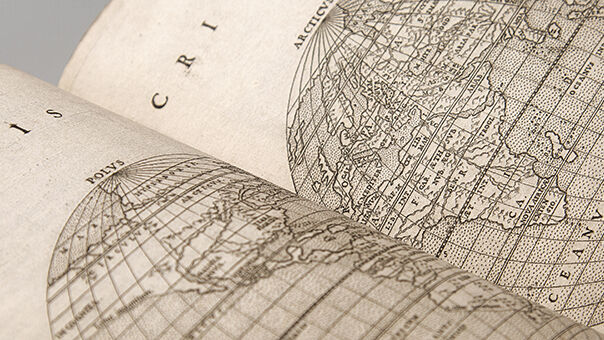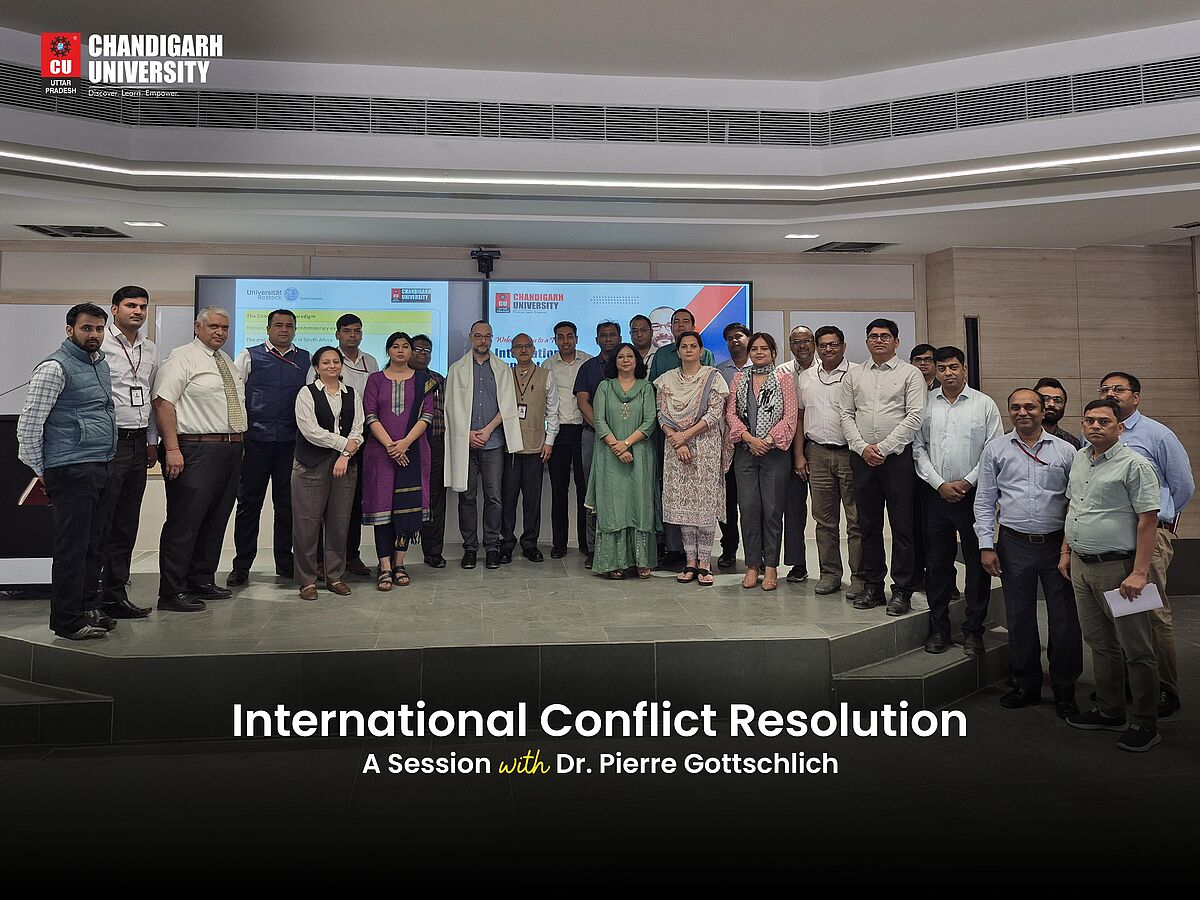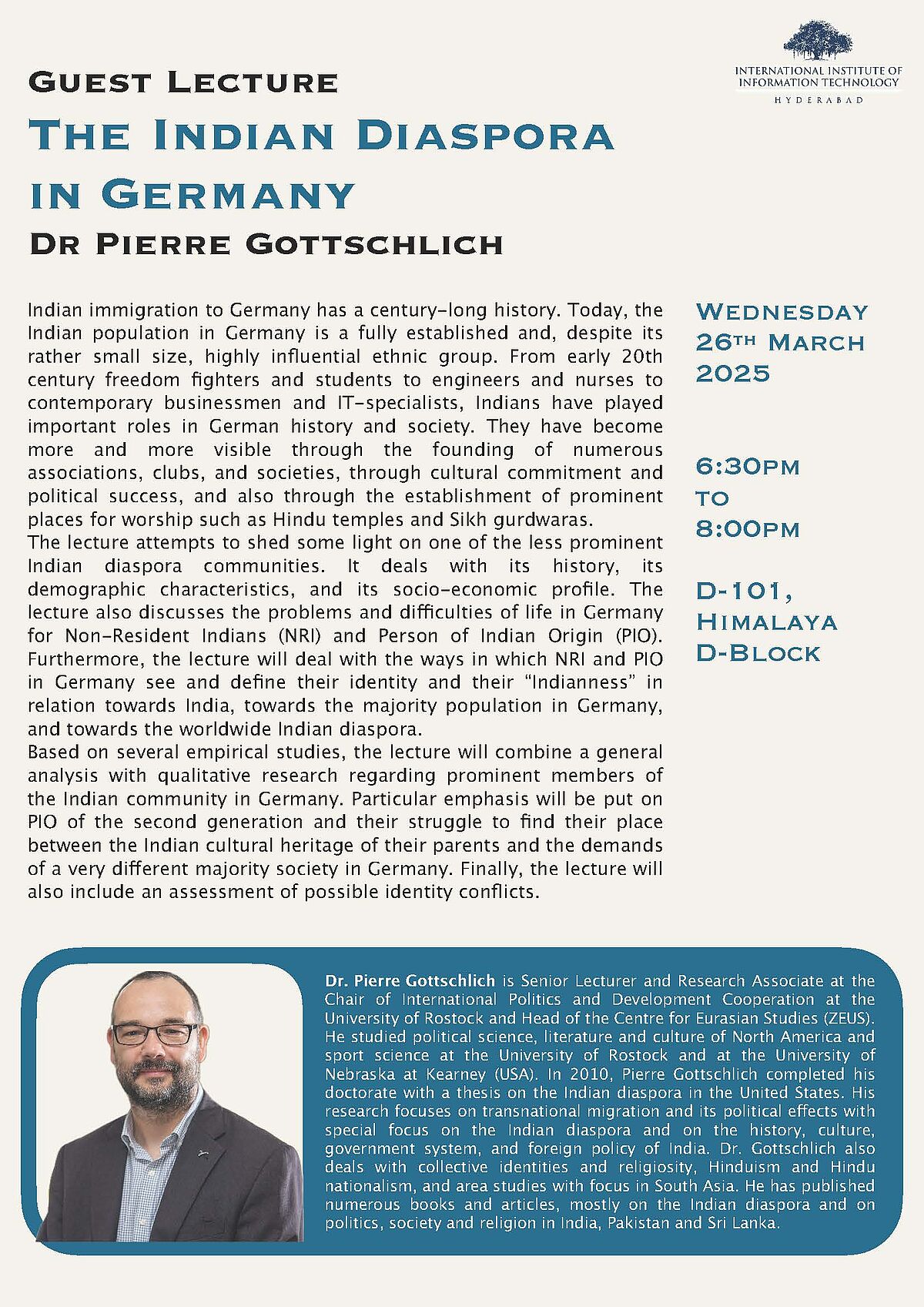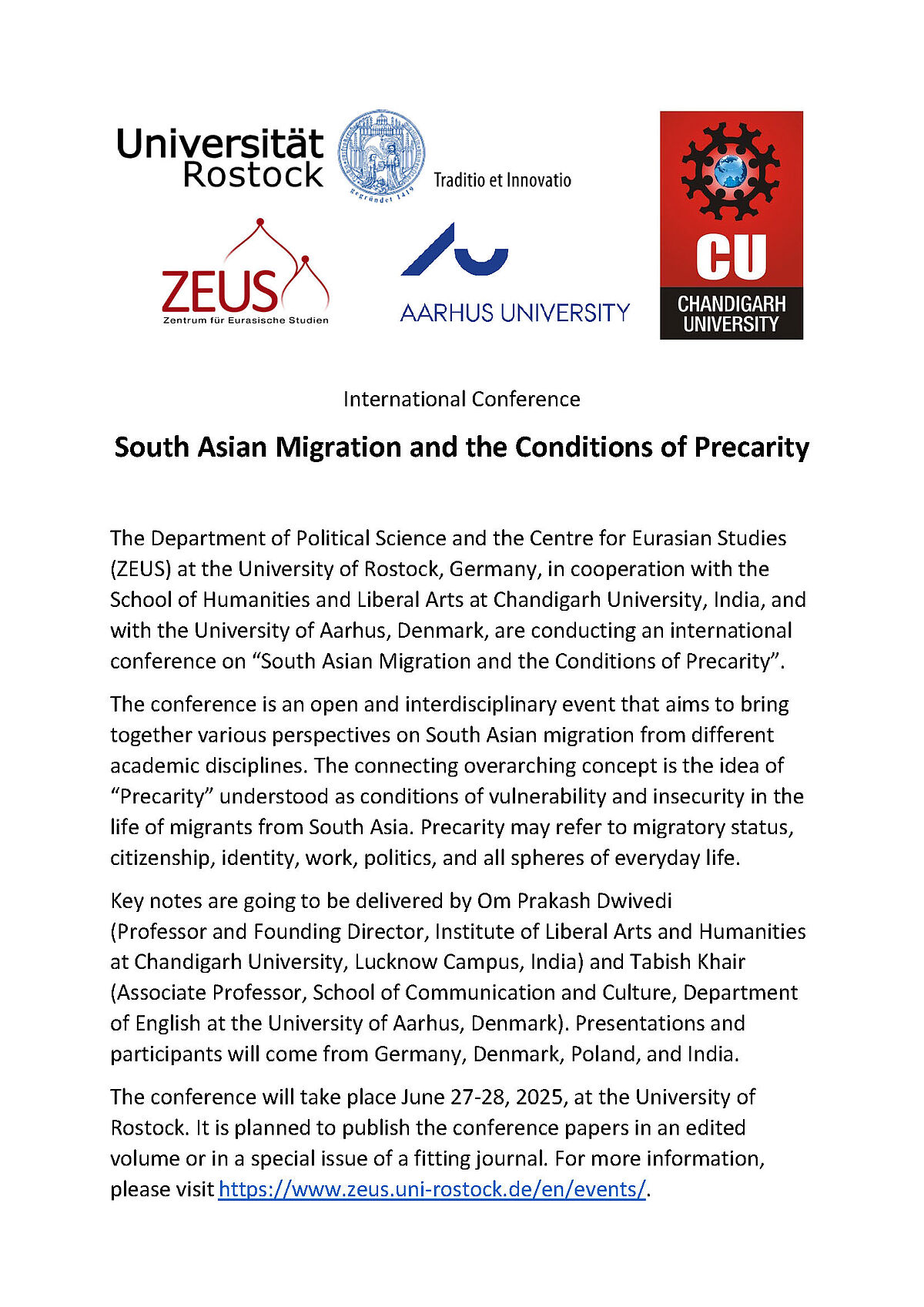Idee
„Век живи - век учись.“
„Lebe ein Jahrhundert, lerne ein Jahrhundert.“
Russisches Sprichwort
Beim Zentrum für Eurasische Studien (ZEUS) handelt es sich um eine interdisziplinäre, universitätsweite Forschungs- und Beratungseinrichtung, welche von der Wirtschafts- und Sozialwissenschaftlichen Fakultät in Kooperation mit dem Rektorat der Universität Rostock sowie dem Rostock International House getragen wird.
Das vorrangige Ziel des ZEUS besteht darin, den multilateralen Austausch von Studierenden sowie akademischen und nicht-akademischen Mitarbeitenden im eurasischen Raum zu intensivieren. Die beteiligten Akteure bearbeiten daran anknüpfend gemeinsame Schwerpunkte in der Lehre und Forschung, welche sich besonders eignen, um die wissenschaftlichen, wirtschaftlichen sowie kulturellen Beziehungen zwischen allen aktiven Partnern ertragsreich zu pflegen.





